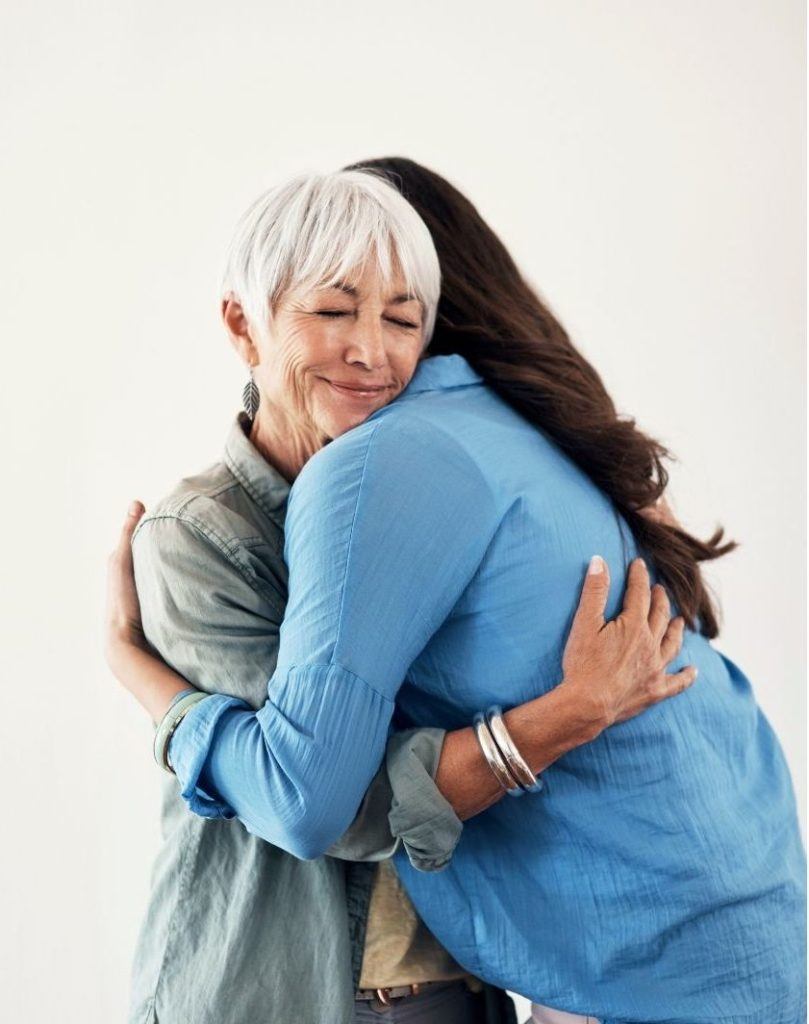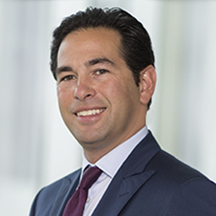

Alzheimer’s FAQs (1/3): What if my family or friends have cognitive decline?
by PNI Experts
An estimated 6.2 million Americans age 65 and older are living with Alzheimer’s dementia—a figure expected to triple by 2050. In this three-part blog series, Scott Kaiser, MD, and Mihae Kim, AGNP-BC, answer the frequently asked questions about confronting Alzheimer’s disease .
Talking to a loved one about cognitive decline can be a real challenge. Often people with cognitive changes may not have “insight” into their condition—not recognizing changes that may be quite noticeable to others. In addition to general “forgetfulness,” some of the common signs and symptoms that might prompt concern include:

- Memory loss that disrupts daily life
- Challenges in planning or solving problems
- Difficulty in completing familiar tasks
- Confusion with time or place
- Trouble understanding visual images and spatial relationships
- New problems with words in speaking or writing
- Misplacing things and losing the ability to retrace steps
- Decreased or poor judgement
- Withdrawal from work or social activity
- Changes in mood or personality
If you’ve noticed some of these changes in a friend or family, encouraging them to seek further evaluation—while potentially challenging—is an important place to begin. Here are a few tips and guidelines that may you get off on the right foot.
Take it easy
Rather than hammering someone with all of their deficits and just adding to an overall sense of anxiety, try shifting the focus to healthy aging. All of the stigma surrounding dementia probably does a great disservice to many; and, perhaps most of all, it’s time we normalize the process of memory check-ups and taking an overall proactive approach to keeping our brains healthy.
Go to a trusted source

Encouraging someone to address these concerns with their primary care provider is a great place to start. Going to someone who knows you, and whom you trust, can be a lot less unsettling than the idea of going to an Alzheimer’s specialist. A primary care provider may have the advantage of a longer-term perspective—and a valued trusting relationship—while being able to refer to additional specialty resources when appropriate. Again, here you have the opportunity to keep a positive focus– emphasizing early detection of any issues as part of an overall strategy to stay healthy and happy, maintain independence, and generally live and age as well as possible.
No need to go alone

Offer to go to the appointment together. In addition to offering your general support, it can be extremely helpful to have a second set of eyes and ears—both to report any concerns and to recall and sort through any information that may need following up. The key here is still keeping it helpful and supportive not punitive or infantilizing.
With impairments in judgment and a lack of insight often coming as part of the condition, it’s not uncommon that someone with dementia might still resist our support—despite our best efforts to follow these guidelines. Again, try to align with the values and preferences of the person you’re trying to help—focusing on what matters most to them—and show the ways that taking these steps will help them achieve their goals. You certainly may not accomplish everything all at once and can plan on “getting there” over the course of multiple conversations, adjusting your approach as you go. Of course, when certain immediate safety issues may be at play (e.g. concerns related to driving, cooking, taking medications, financial management, and other things that can have dire consequences) you may need to be more proactive. In such cases, it may be helpful to reach out to the dedicated community and healthcare resources for more immediate support.
Original content was written for the Santa Monica Star newspaper.
More information: 310-582-7641
About Dr. Scott Kaiser

Scott Kaiser, MD, a board-certified family physician, and geriatrician, is the Director of Geriatric Cognitive Health and provides specialty geriatric medical consultations at the Pacific Brain Health Center. Focused on the needs of older patients, he works with his colleagues to provide an integrated and holistic approach to their cognitive challenges. With this “whole person” approach, Dr. Kaiser works to connect patients and their families with a broad range of resources to support their overall health and well-being.
About Mihae Kim, AGNP-BC

Mihae Kim, AGNP-BC, is an Adult Gerontology Nurse Practitioner specializing in the care of Alzheimer’s disease and other dementias. As a Dementia Care Nurse Practitioner at Pacific Brain Health Center, Mihae works closely with physicians and other multidisciplinary team members to provide a collaborative approach to managing these neurodegenerative disorders. Mihae helps patients and their families navigate their difficult journey by creating mutual goals and roadmaps through clinical evaluation, as well as providing guidance with medical, behavioral and psychosocial recommendations.
Related Links:
About the Author
PNI Experts
Last updated: April 21st, 2022
